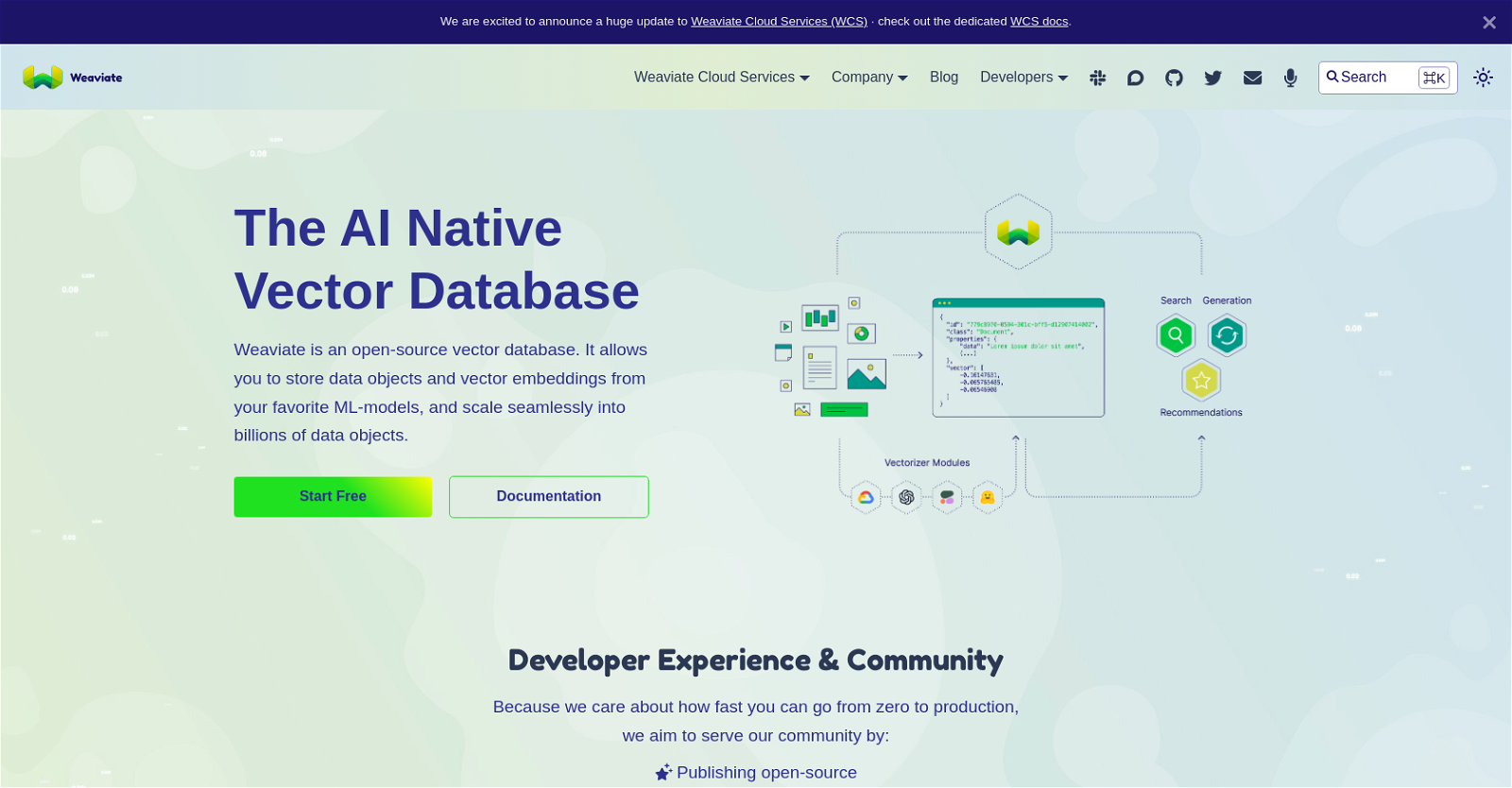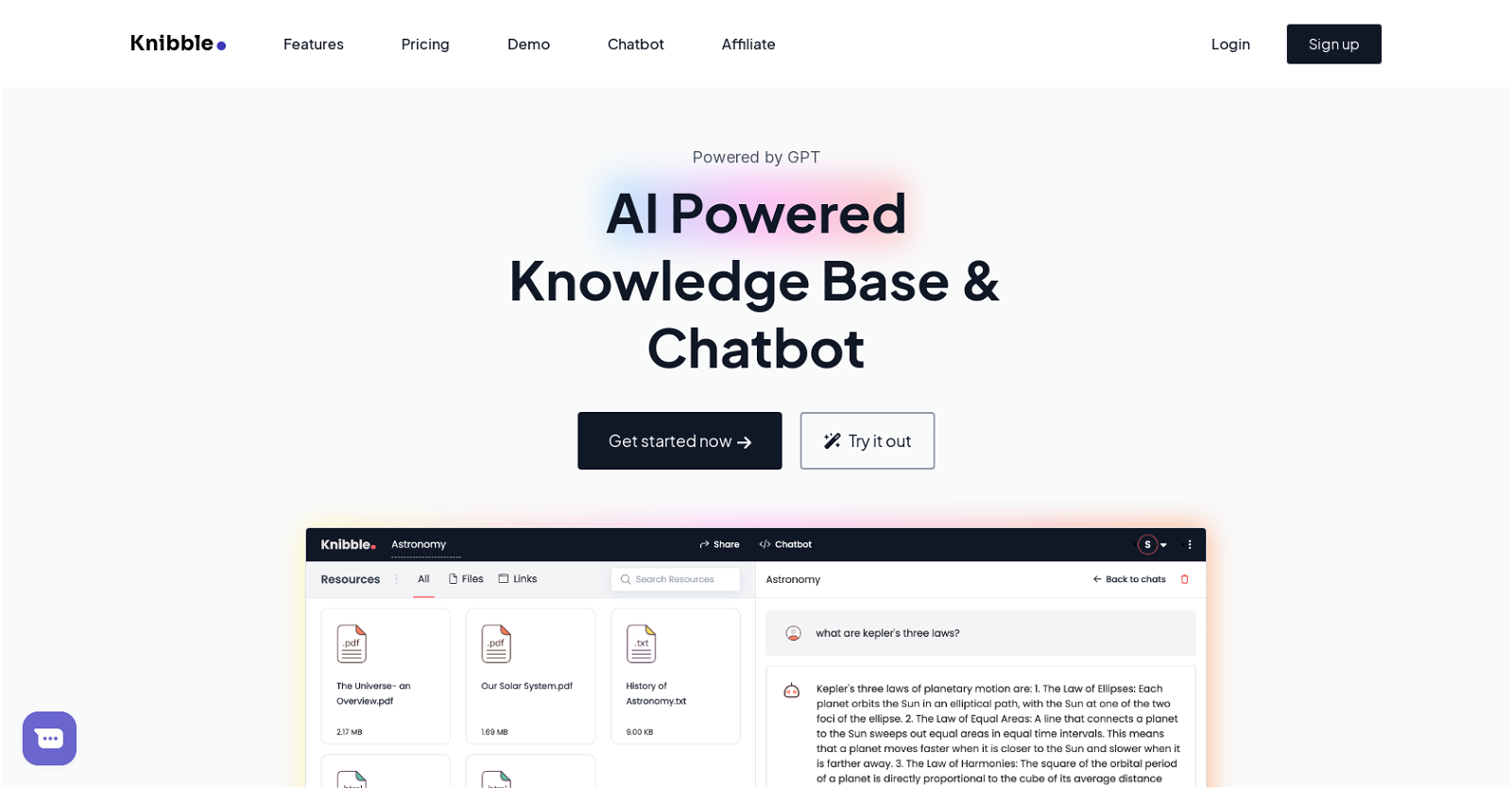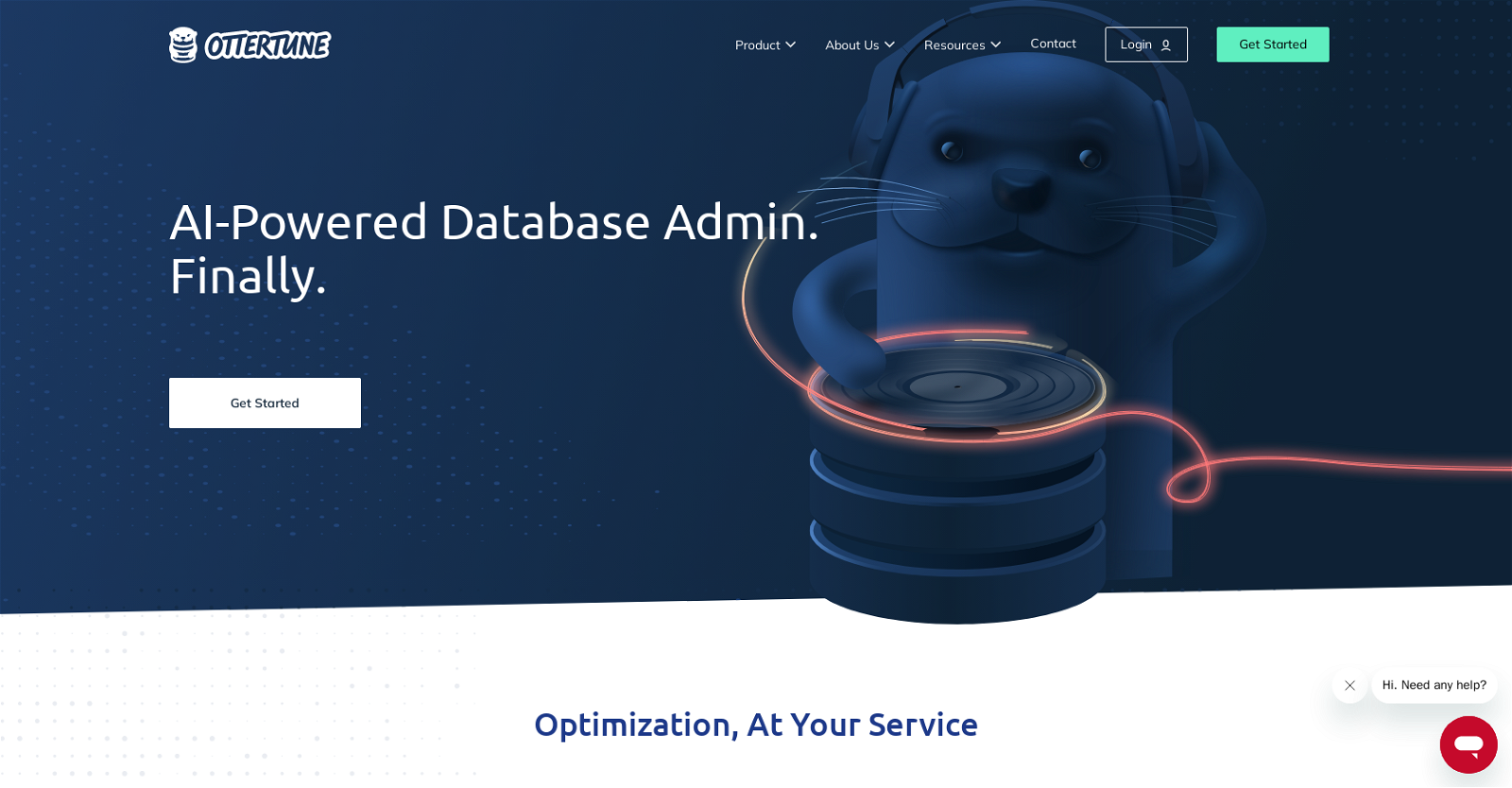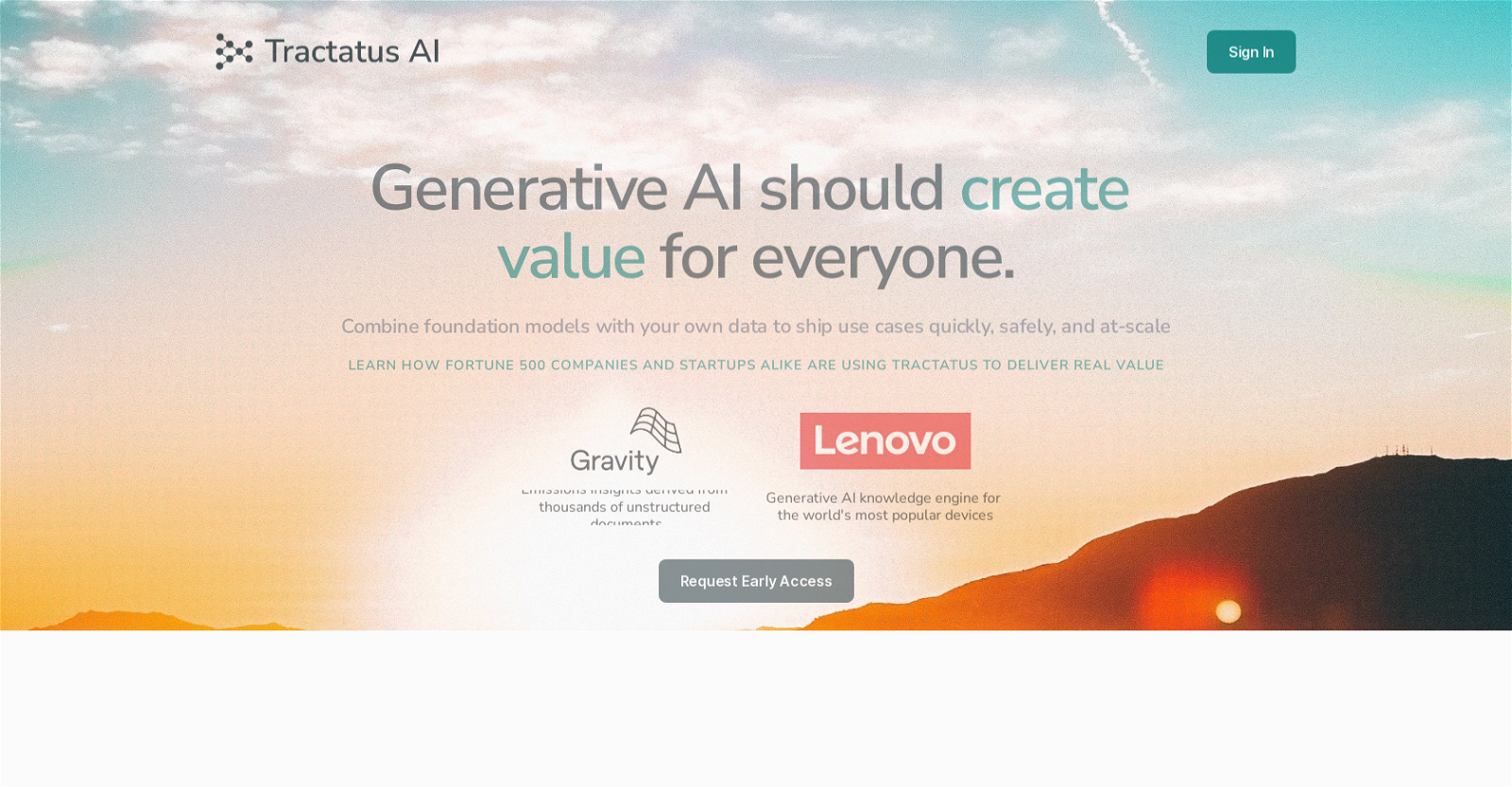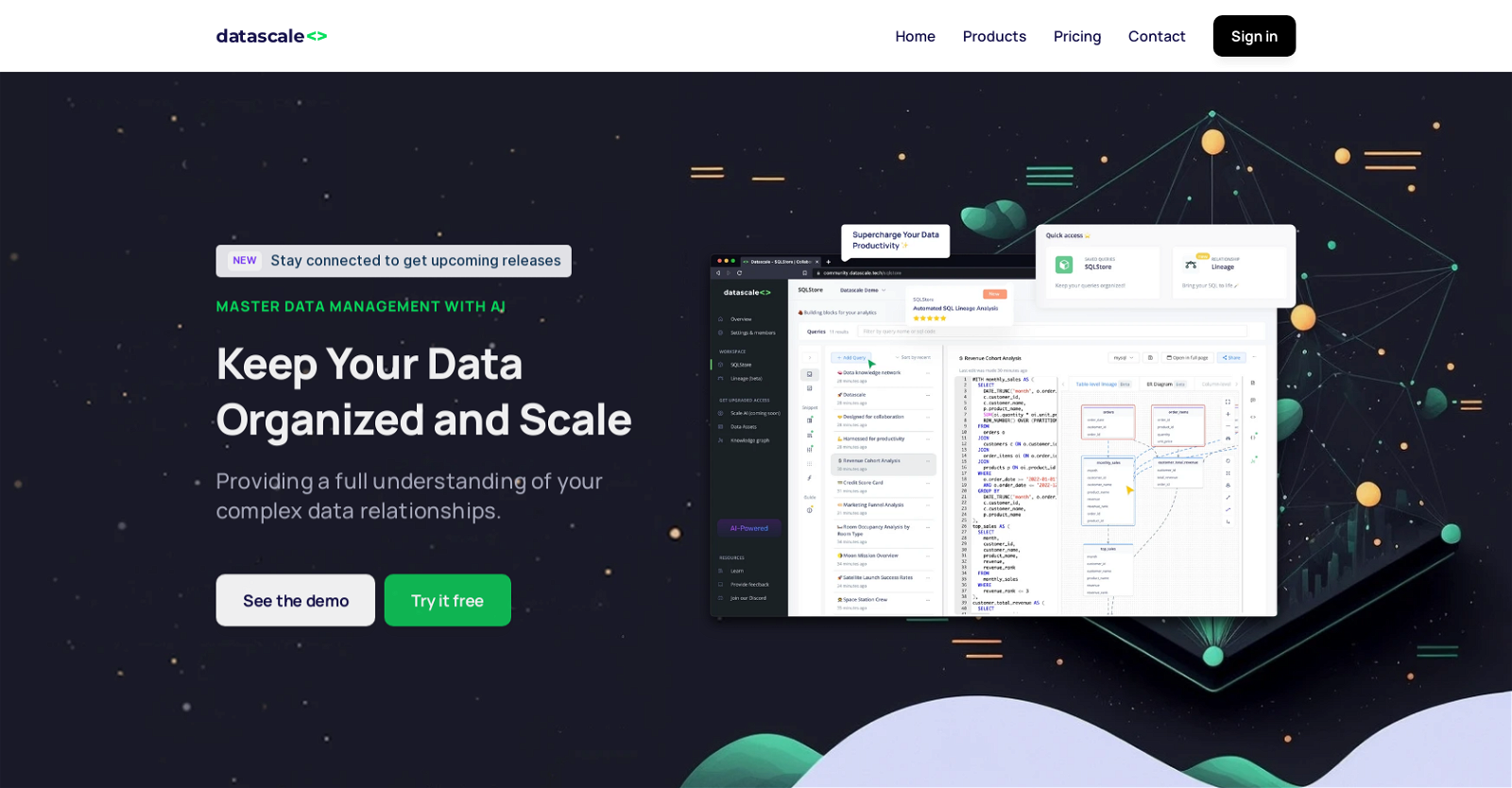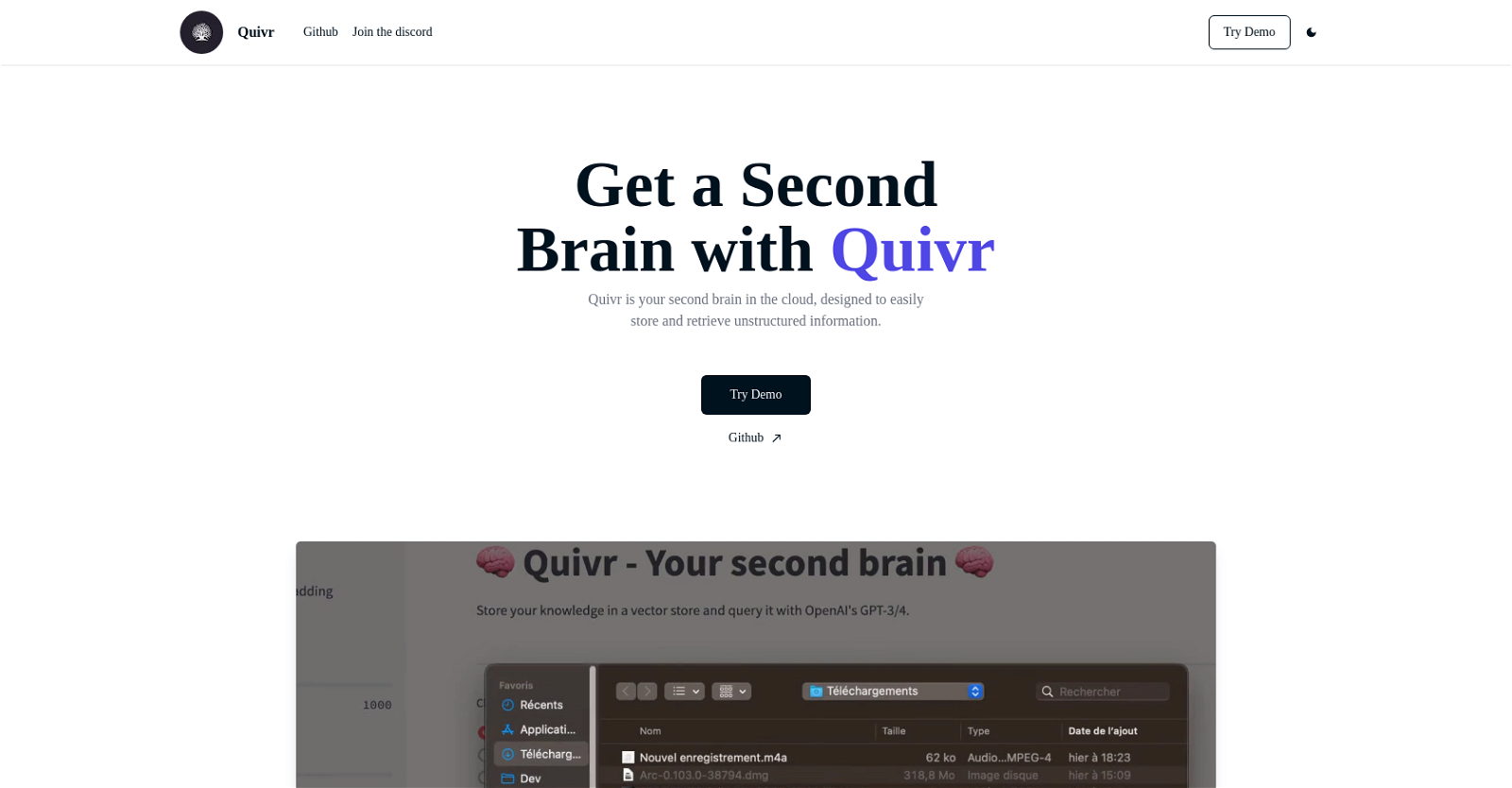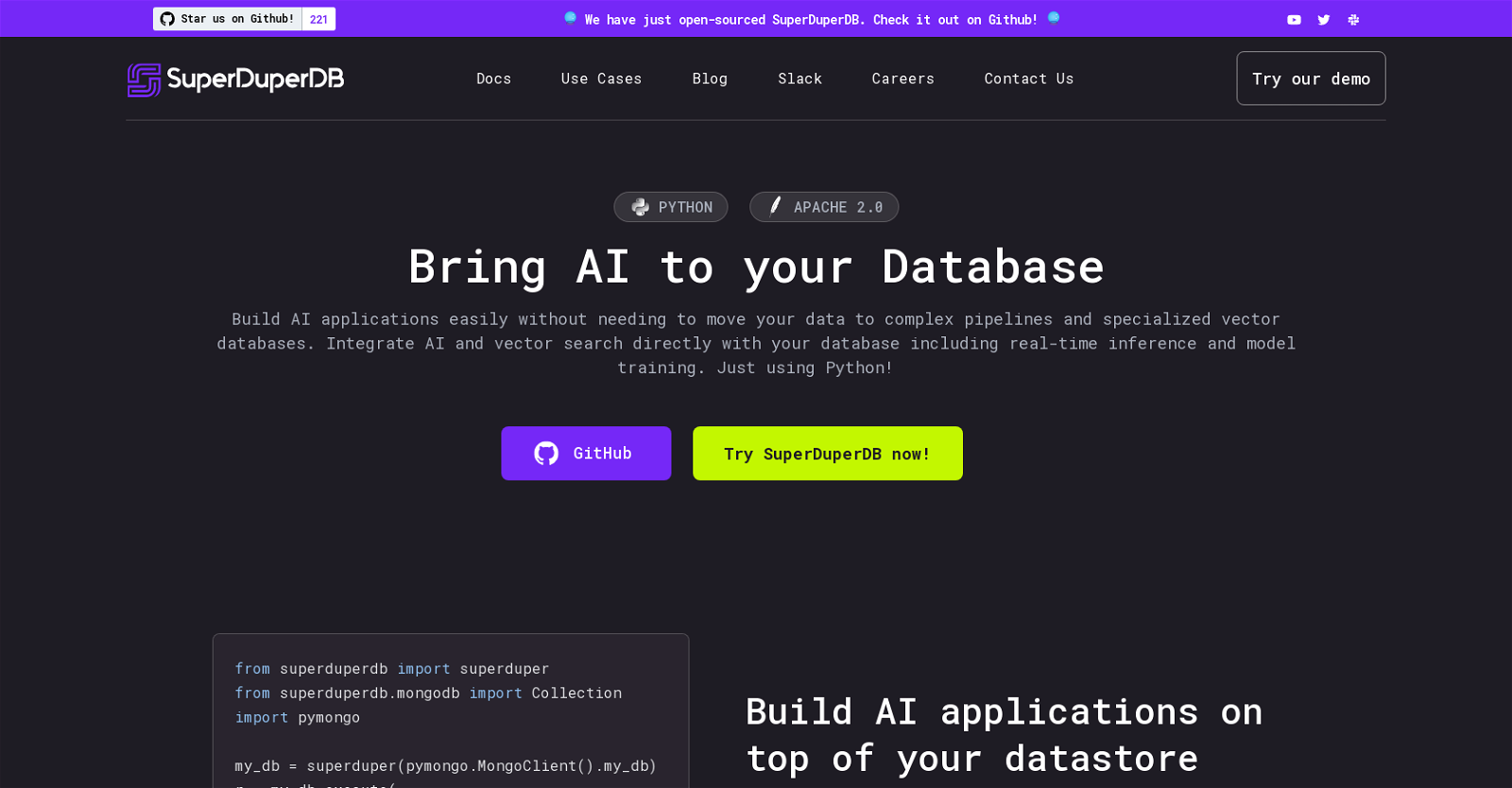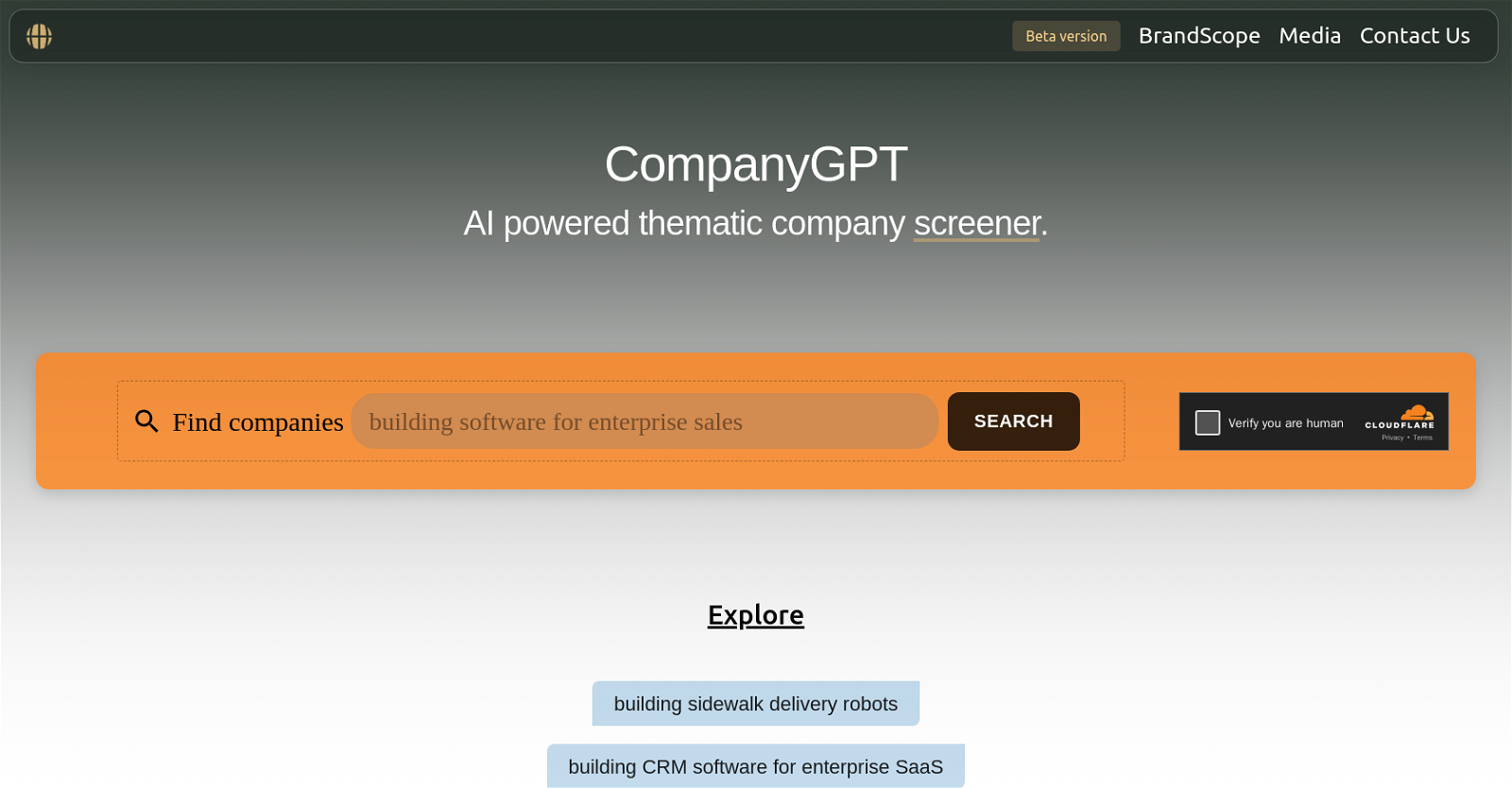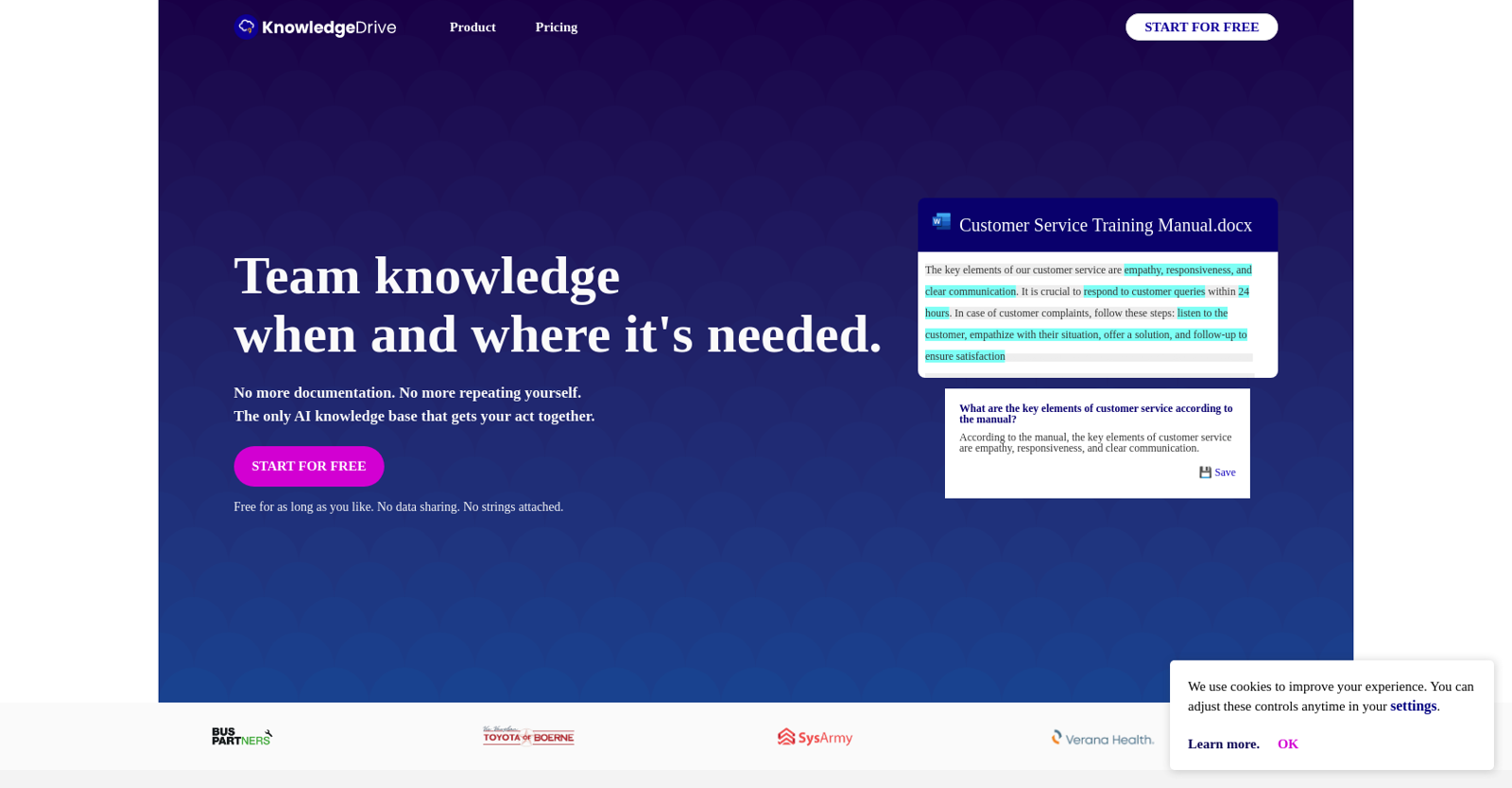Weaviate
Weaviate is an open-source vector database that allows users to store data objects and vector embeddings from ML-models and scale to billions of data objects seamlessly. The tool provides lightning-fast pure vector similarity search over data objects or raw vectors and supports a combination of keyword-based search and vector search techniques for state-of-the-art search results.
Weaviate also enables users to use any generative model in combination with their data to create next-gen search experiences. The tool has integrations with a wide variety of well-known neural search frameworks and provides out-of-the-box support for vectorization. Users can also choose from Weaviate’s modules, which have extensive support for vectorization.
Designed to give developers an excellent experience, Weaviate allows them to go from zero to production seamlessly. The tool is built with community and open-source principles in mind, and users can join the Weaviate community on Slack. With backup and restore capabilities, Weaviate is a robust solution for data-intensive applications.
Weaviate offers a vast library of resources that help users learn how to use the tool and get inspiration from other users’ innovative apps. As an open-source tool, Weaviate is available for use anywhere, providing flexibility and accessibility to users.

